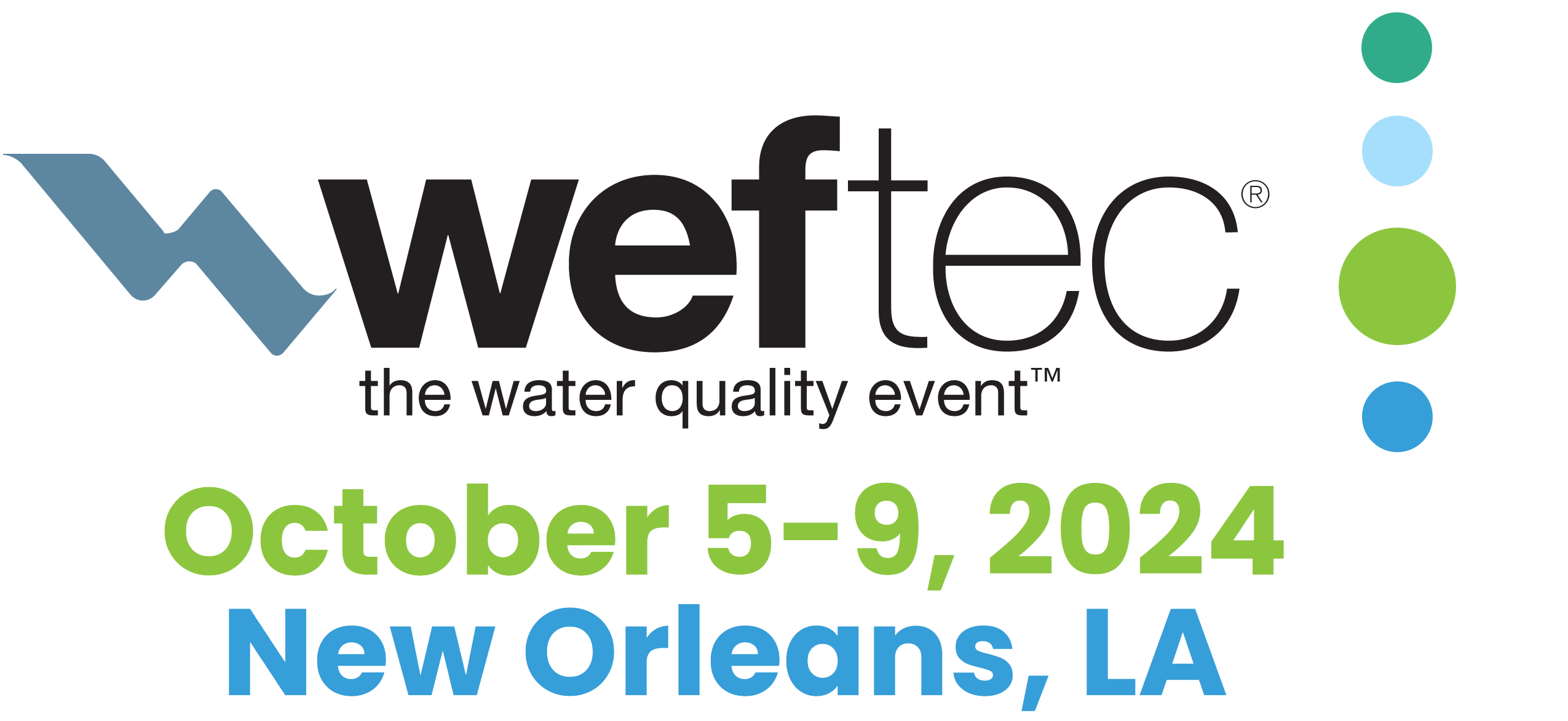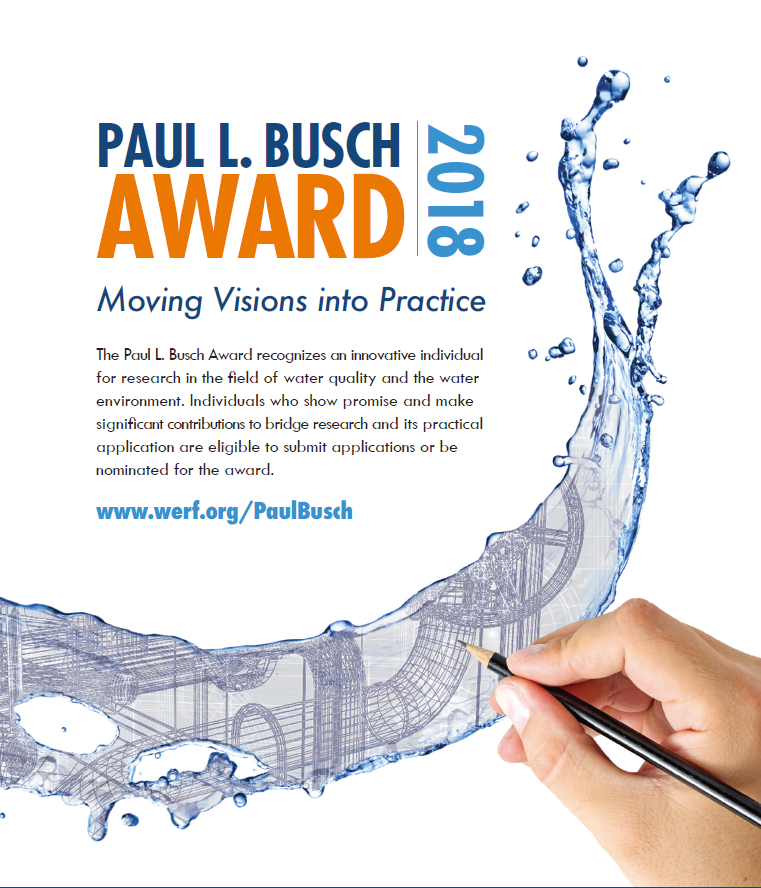Most viruses infect bacteria, algae, and other organisms. These viruses play important roles in microorganism functions in biological processes, microbial communities in distribution system biofilms, and opportunistic bacteria populations that can flourish in household plumbing. Yet, science knows much less about waterborne viruses than other groups of aquatic microorganisms. They are difficult to detect and capture and nearly impossible to visualize with common microscopy techniques.
Wigginton seeks to change this. The methods that she is investigating will help to fill in several gaps in virus detection and measurement.
Wigginton’s team will use virus-like particles as unit process surrogates. This new approach to tracking virus particle removal uses empty virus particles that are noninfective and behave just like real viruses in water treatment processes. This method will equip utilities with a powerful tool to immediately inform them on virus removal in their processes.
She also will help create rapid environmental monitoring for virus outbreaks by translating a new biotechnology called CRISPR-Cas into a fast and quantitative method for virus detection. The method will transform environmental monitoring because it does not require expensive equipment and is thus easily field-deployable.
Finally, Wigginton will develop a sensitive virus sequencing method that measures the concentrations of all viruses in a sample. (Presently, methods that quantify viruses tend to detect minimal strains at a time; and tests for multiple viruses provide qualitative results.) This new method will show how virus concentrations vary among wastewater treatment facilities, how certain viruses are resistant to treatment, and how viruses that infect bacteria and other microorganisms are influencing biological unit processes. This method ultimately will facilitate the development of virus-based methods for treating water.
The Paul L. Busch Award has provided more than $1.6 million in funding to up-and-coming researchers who are making major breakthroughs in the water community.





